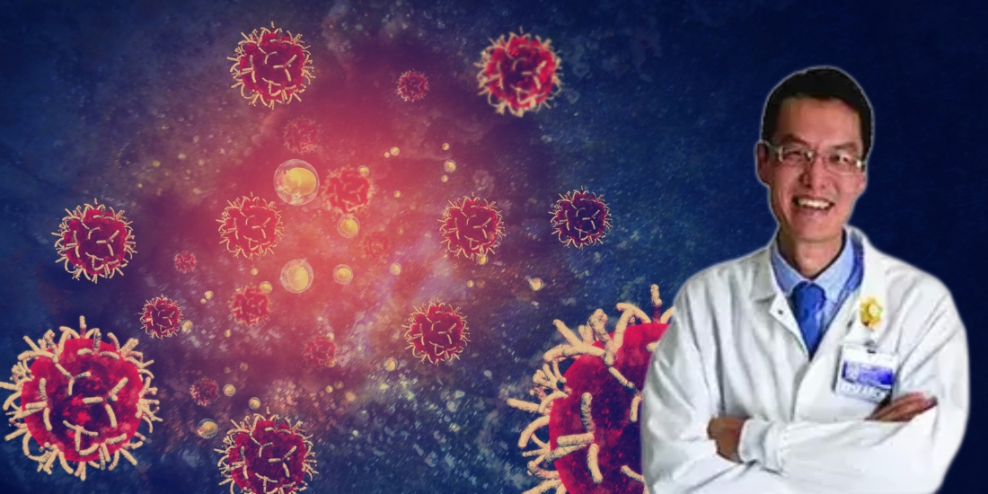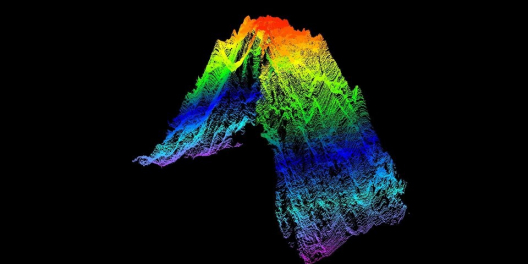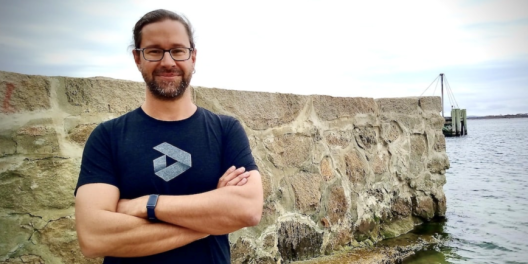“Local boy makes good” has to be among everyone’s favourite stories. It’s great to see someone local go on to do big things.
But it’s not every day your friend from high school is on the leading edge of cancer research.
That’s the case with Dr. Eric Tran, 40, who grew up on the West Island and graduated from Ucluelet Secondary School in 2000.
Even then, his peers knew he was going places. They voted him “Most Athletic,” “Most Academic,” and “Most Likely to Get Rich.” Talk about a well-rounded young man.
Dr. Tran credits some impactful teachers with influencing his interest in science. He mentioned one in particular, Mr. Alton Crane, who’s now passed on.
“Mr. Crane was able to make things understandable. He was probably my first major scientific influence and probably stirred me into biology. I wish I could go back and thank him for what he has done for me,” Tran told the Tofino Ucluelet Westerly News.
Dr. Tran became interested in the immune system. “It fascinated me because I saw it as our protector, fighting microscopic battles and wars within our bodies 24/7, to keep us safe from harmful things like bacteria and viruses.”
Dr. Tran earned his Ph.D. and took that interest in biology all the way to the Providence Cancer Institute in Portland, Oregon, where he now works as a leading cancer researcher.
His work is called the second generation of “Adoptive Cell Therapy.”
“Instead of using toxic drugs (like chemotherapy), we are actually using your immune system, a certain type of white blood cell in your body called the T-cell,” explains Dr. Tran.
T-cells are a vital part of our immune system. We all have billions of them.
“As it turns out, some T-cells can specifically target and kill cancer cells,” Dr. Tran said at the Creating Hope conference in 2022.
So how do they get the T-Cells to attack cancer?
“It’s a very complex process where we have to take cells from a patient. We have to take it to a specialized facility to modify it, to grow them up, and then we have to give them back to the patient.”
It may be complex and costly, but recent tests show it actually works.
They’ve run tests on a patient with pancreatic cancer, one of the deadliest forms of the disease.
That patient was Kathy Wilkes, 71, of Ormond Beach, Florida.
“I thought, ‘That is the trial I want.’ I knew that that was the trial that was going to save me, save my life. I just had that feeling,” Wilkes told NBC News.
The treatment shrank her tumours by 62 percent within the first month.
“The fact that we can use this new treatment and show that it can shrink these aggressive cancers, I think that’s why [the research] made national news,” said Dr. Tran.
The results are undoubtedly newsworthy. But for the moment, Dr. Tran emphasized that as far as it being touted as a cure, they’re still “cautiously optimistic.”
“We need to first demonstrate that it works, and in order to demonstrate that it works we need to treat a larger number of patients…These are the medicines of tomorrow.”
Clinical trials are still underway, but it’s still a huge step forward in cancer treatment research. And in a way, it all started at Ucluelet Secondary School.









